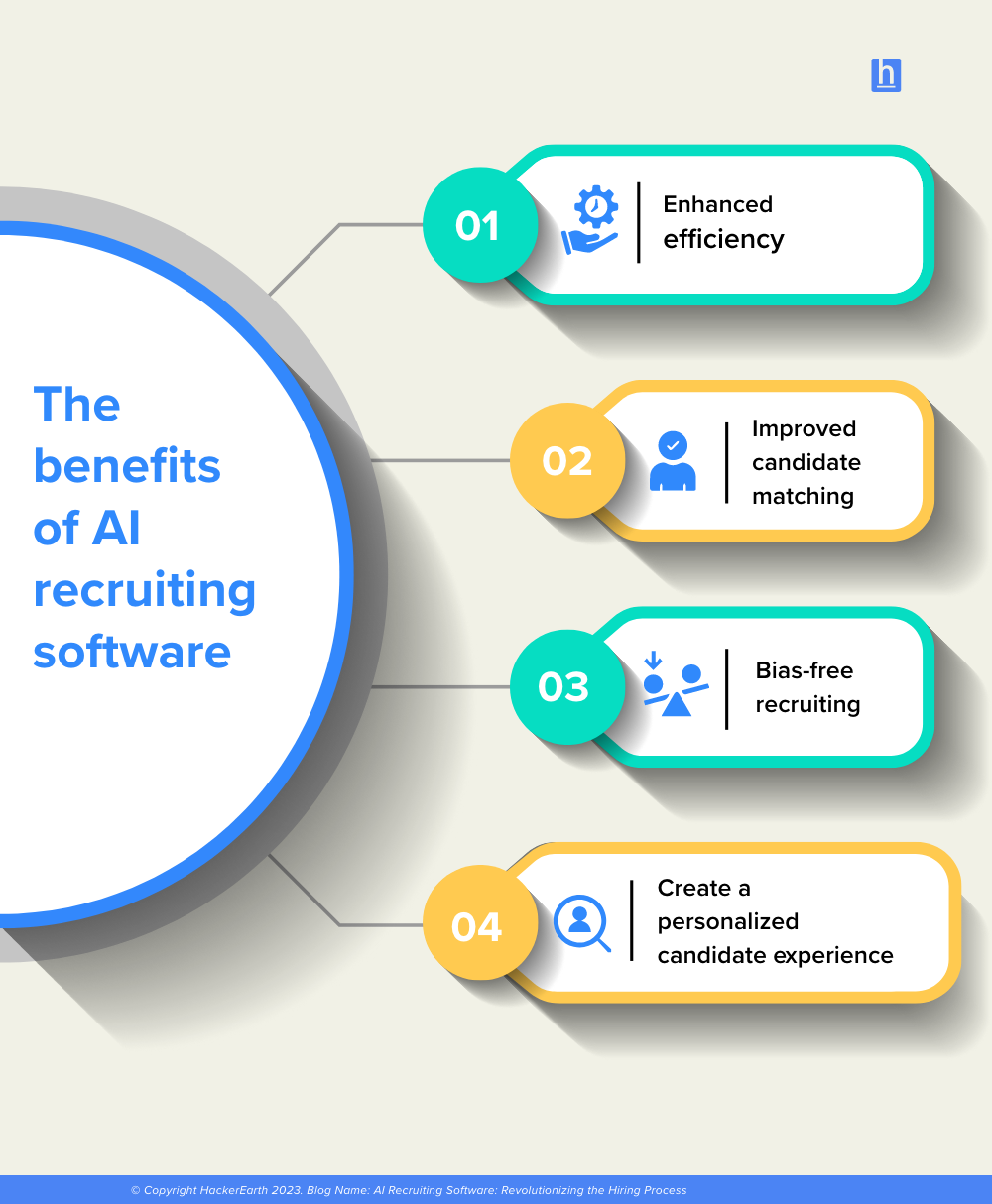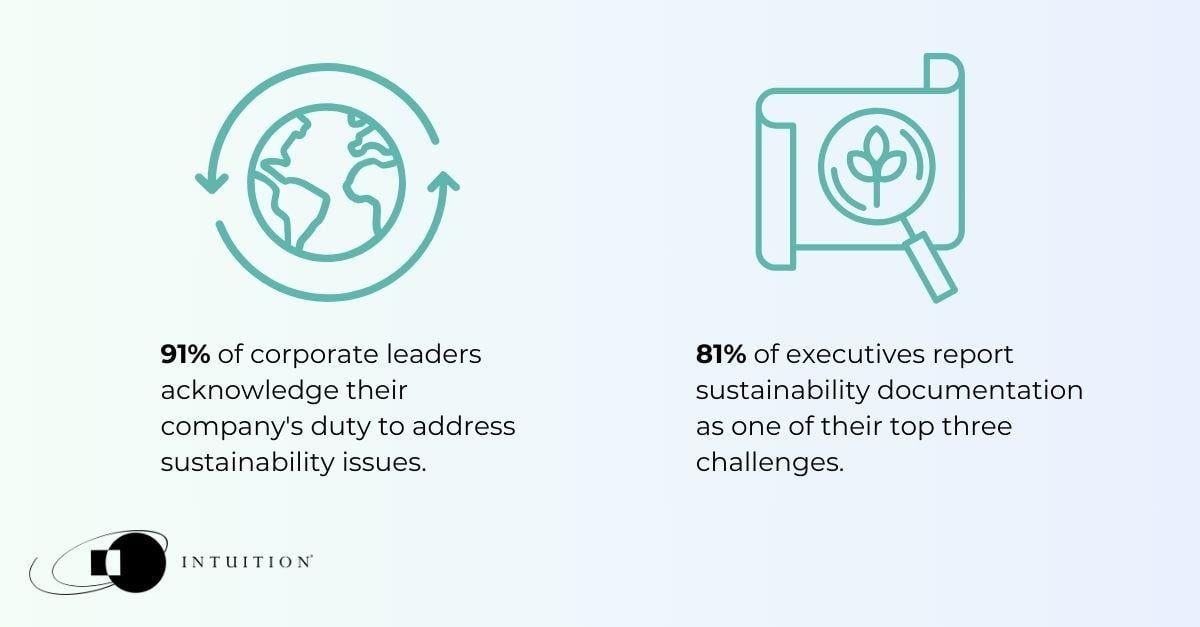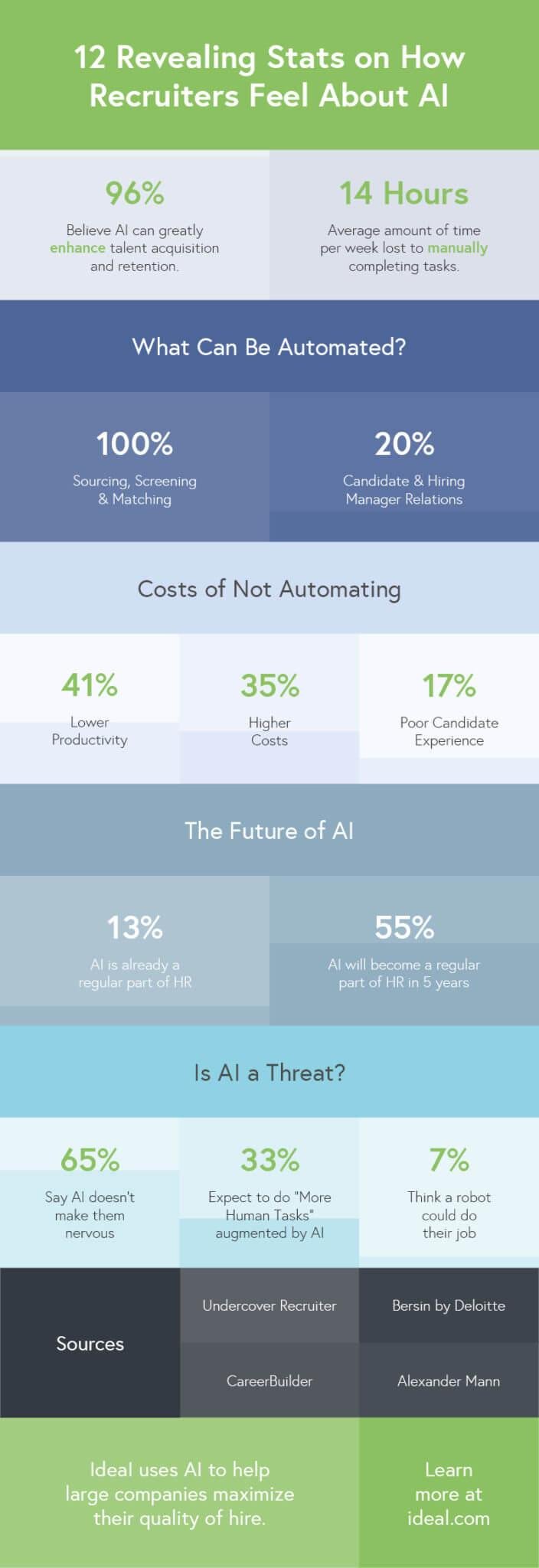The contrast between Millennials and Generation Z is a hot topic, widely discussed in social media, news and popular culture. According to the parameters outlined by the Pew Research Center, Millennials, born between 1981 and 1996, currently fall within the age range of 27 to 42 in the year 2024. On the other hand, Generation Z includes individuals born from 1997 onward.
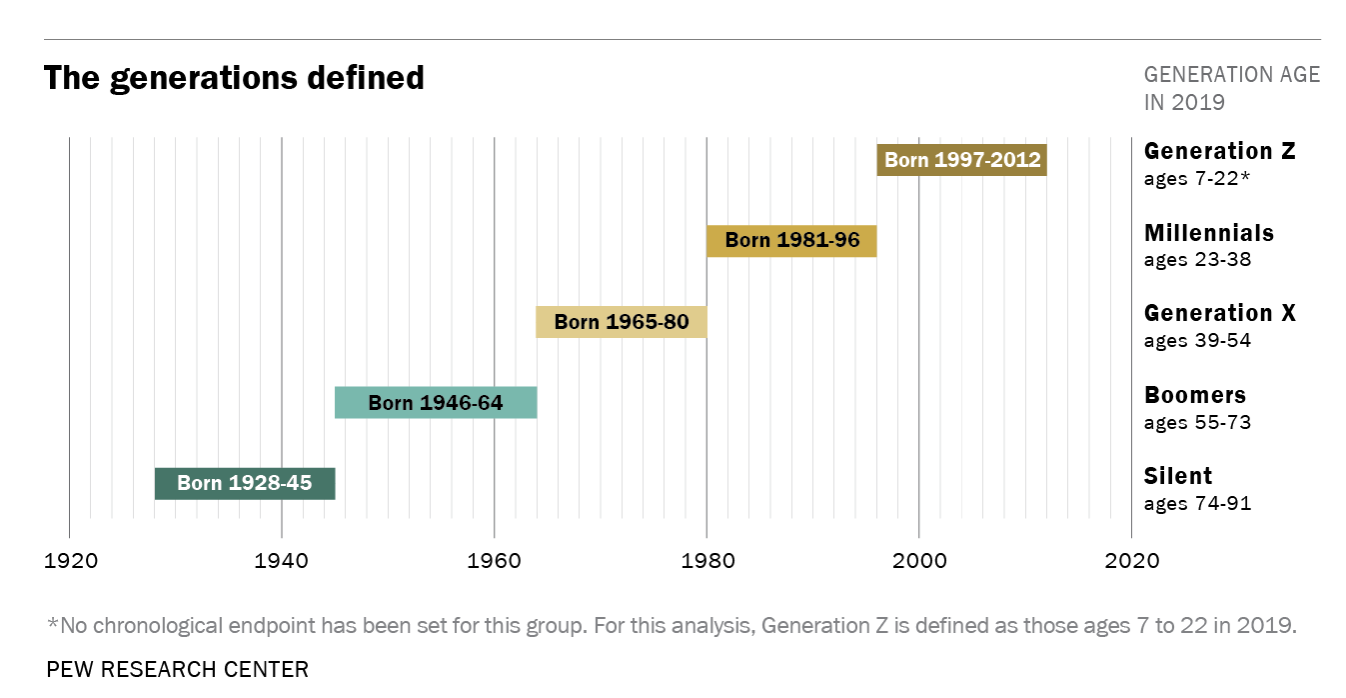
Defining generations: Where Millennials end and Generation Z starts. Image source: Pew Research Center.
At present, Millennials make up almost 40% of the workforce, and by 2025, it is projected that Generation Z will comprise around 30% of the workforce. These two generational segments will continue to dominate the workforce in the coming years; thus, it is worth analysing the attitudes and characteristics they bring to the workplace, considering their significant presence and influence in the job landscape.
The differences between the two extend beyond their birth years; they also manifest in their professional approaches and attitudes. Each generation brings a unique set of values, experiences, and expectations to the table when it comes to the world of work.
In this blog post, we will take a closer look at the distinct professional traits of Millennials and Gen Z.
Millennials vs. Gen Z – what distinguishes the two in the workplace?
Teamwork and independence
According to a study by Indeed as well as IR Global, Millennials and Generation Z exhibit different attitudes towards collaboration. Gen Z individuals tend to be self-reliant, often favoring independent problem-solving. This inclination might stem from their entry into the workforce during the rise of remote work, further reinforced by the pandemic and the resulting WFH arrangements. In contrast, Millennials thrive in collaborative environments, valuing teamwork and interaction. They seek to form professional connections, network and seamlessly integrate work into their lives.
Professional tools
In the realm of workplace tools, differences between Millennials and Gen Z are not the largest, however significant. Both groups are tech-savvy, and used to tools like instant messaging and email. However, they diverge in their usage.
Millennials, accustomed to early digital workplace trends, lean towards direct modes of communication like emails and video calls on platforms such as Zoom or Microsoft Teams, fostering personal connections and teamwork.
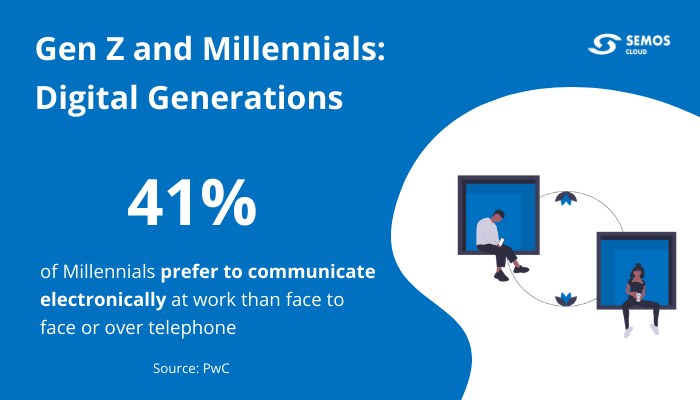
Millennials and Gen Z in the Workplace: The What, Why & How. Image source: Semos Cloud
Generation Z is entering a professional landscape shaped by algorithms and data-driven insights. They expect personalised information, being in favor of tools that use algorithms to efficiently organise data and provide insights without delay. Moreover, Gen Z's inclination towards collaboration extends to cloud storage solutions, such as Google Drive or Dropbox, which facilitate shared access and immediately accessible workspaces.
Flexible working arrangements
Millennials are known for leading the way in adopting flexible work setups, mainly because they started working during tough economic times and were open to non-traditional schedules.
But things are changing for millennials too, as work environments evolve. As found be the Predictive Index, Millennials look for flexible employment opportunities and teammates who are open to a hybrid work arrangement when they decide to change careers or jobs.
On the other hand, Generation Z is just starting to enter the workforce, and they have different views on balancing work and life. They might not leave a job solely because of inflexible hours, but a FlexJobs report shows that a significant 75% of Gen Z respondents think having a flexible job is "extremely important" when they're considering job offers.
Longevity
Millennials entered the job market during or shortly after significant financial crises, such as the dot-com bubble burst in the early 2000s and the global financial crisis of 2008. These events resulted in economic downturns, job losses, and reduced opportunities for career advancement. These factors combined created an economic environment that has posed challenges for millennials in terms of job security and financial stability. As a result, they tend to switch between different jobs and employers instead of sticking to one steady career path.
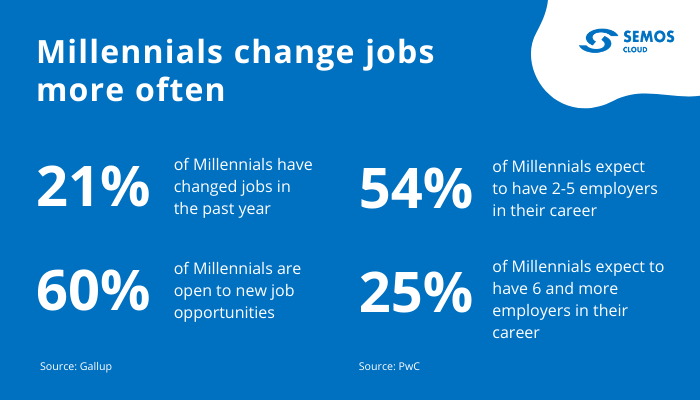
Millennials and Gen Z in the Workplace: The What, Why & How. Image source: Semos Cloud.
On the other hand, Generation Z looks at work differently, as explained by Indeed experts. They are not only interested in their specific job duties, but they also want to understand how the whole company operates. It is common for Gen Z to try different roles within the same company, as this helps them see how all the different parts of the company fit together. As a result, they tend to stay at one workplace for a longer time, driven by their curiosity and desire to understand their work environment better and benefit from it further on.
Values and Workplace Expectations
Both Generation Z and Millennials share a strong commitment to work-life balance and workplaces that align with their values. However, Generation Z takes this a step further by placing increased emphasis on ethical business practices and social responsibility. They not only seek diverse and inclusive work environments but also actively advocate for these values.
As highlighted by the Bentley-Gallup Force for Good Study workers express a desire to be part of companies that showcase tangible social and environmental values. The study's findings underscore this trend: an impressive 71% of respondents aged 18 to 29, falling under the Gen Z category, express their willingness to consider leaving their current employer in favor of an organization that actively generates a positive social impact. In comparison, 62% of surveyed millennials aged 30 to 44 share a similar sentiment.
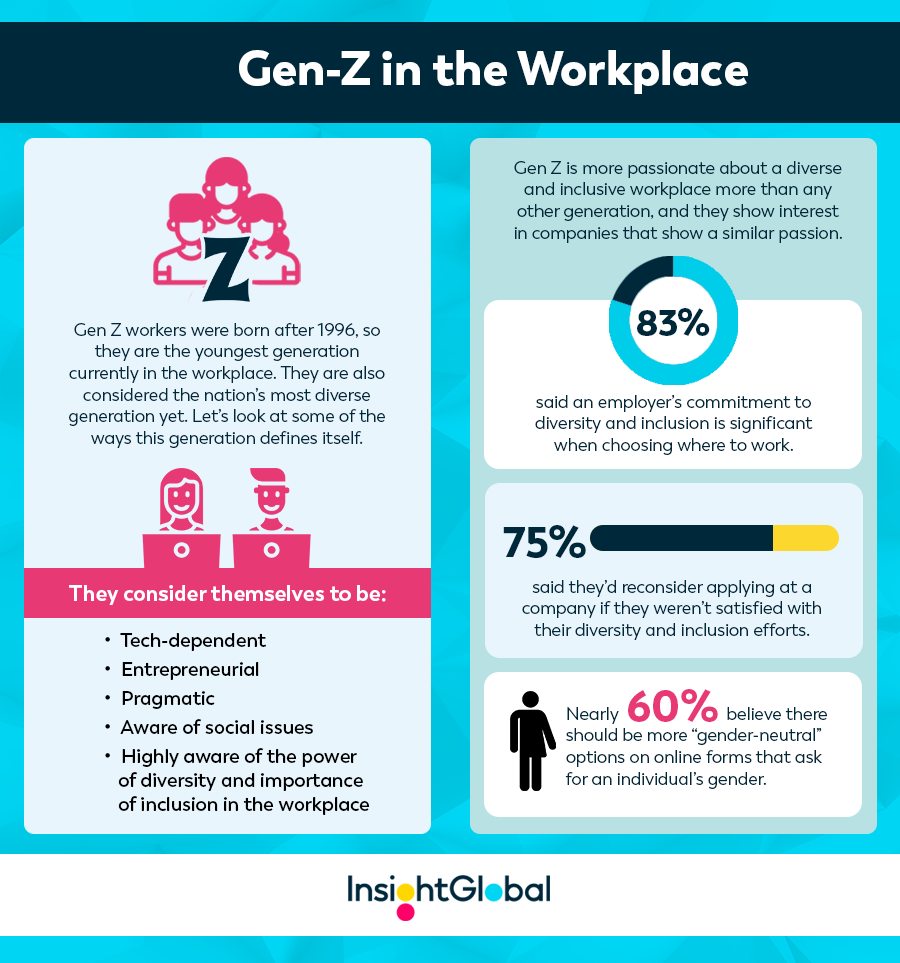
Gen Z: The Most Diverse Generation in the Workplace. Image source: Insight Global.
Conclusion
In conclusion, the disparities observed between Millennials and Generation Z in the workplace shed light on their diverse experiences, attitudes, and approaches to work. Some of the most prominent ones are:
Teamwork and Independence: Millennials excel in collaborative environments, emphasizing teamwork, whereas Generation Z's inclination for independent problem-solving is influenced by remote work trends.
Professional Tools: Millennials value collaboration through direct communication tools like emails and video calls, while Generation Z leans towards algorithm-driven tools and cloud storage for immediate access.
Flexible Work: Millennials, accustomed to flexibility, seek hybrid arrangements, whereas Generation Z, just entering the workforce, considers flexible job options crucial.
Longevity: Millennials entered the job market during economic downturns, leading to job-switching, while Generation Z explores varied roles within companies for a deeper understanding, resulting in longer job tenures.
Values and Expectations: Both generations prioritize work-life balance, with Generation Z extending their focus to ethical business practices and social responsibility, even considering leaving for organizations aligned with their values.
Prosperity
If you are seeking a job in digital, check our available roles below:
https://www.prosperity.ie/jobs
If you want to know more about the recruitment process at Prosperity get in touch!
Moreover, if you are looking for guidance on salaries, download our 2024 Salary Survey!


